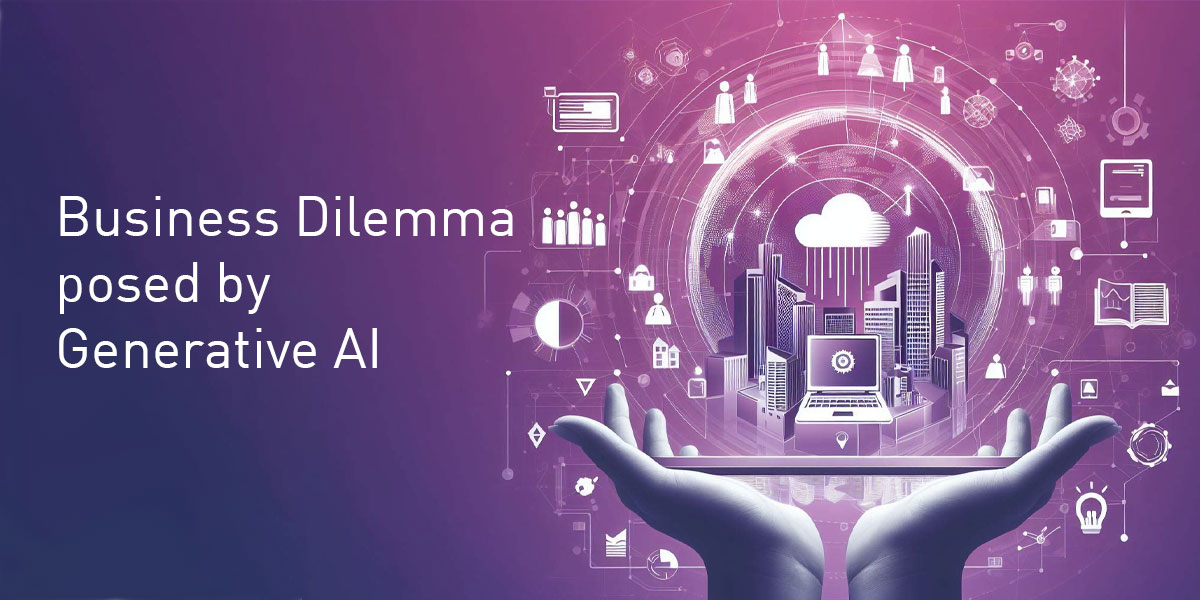Necessary cookies are absolutely essential for the website to function properly. These cookies ensure basic functionalities and security features of the website, anonymously.

Are Generative AI Drugs the Future?
The discovery of a new substance with antibiotic properties, Abaucin, thanks to AI-assisted research has led to much interest in the field of AI. The same technology behind ChatGPT, Large Language Models, has the potential to work with all kinds of data. For the machine, everything is ‘language’. Whether it is the digital record of an image, diagnostic imaging data or even genetics, to the machine it’s all ‘language’.
The Potential of Large Language Models
Some of the results of research in this field have been shocking. A team at the University of Texas trained an AI on functional magnetic resonance imaging (fMRI) data to translate imagined speech into a typed description to support those whose trauma makes speech challenging. The model that relies on Stable Diffusion, the technology behind tools like Dall-E and Midjourney, can reconstruct images from fMRI data that exist only in the person’s mind. Some might call this a disturbing mind-reading tool.
The hidden and emergent abilities of Large Language Models have led many to increase interest in generative AI drugs. In other words, not just facilitating the discovery of effective compounds in the treatment of disease, but recommending the design of new compounds. AI-designed drugs are a nascent field, but with the breakthrough by DeepMind’s AlphaFold team in protein unfolding, they may become the norm. The big players in pharma are banking on the creation of new drugs, with several compounds already moving through phase one clinical trials.
AI for societal good
In the field of medicine, there are neglected diseases – conditions so rare that medical research has not been able to justify the cost of developing drugs to support sufferers. Others, like dengue fever, attack the poorest members of global society and are also not profitable enough to treat. The use of AI-powered tools to refine the highly speculative field of new drug search may reduce the costs of interventions to something that, for instance, charitable organisations could realistically fund.
When AI creates a new drug
What about when AI goes beyond drug discovery and moves into the world of recommending compounds that will form new drugs? AI can help create better drugs, supporting researchers in identifying which patients are responders or non-responders in clinical trials. But they can do far more: AI can precision design an exact molecule to target such as a tumour with a particular signature pattern or inflammatory and autoimmune conditions. Several drugs are currently going through phase one trials at the moment.
A way forward
The emergence of generative AI drugs offers a promising future for medicine, reshaping healthcare possibilities with the fusion of advanced emerging technologies and pharmaceutical research. As we venture into this uncharted territory, it is crucial to proceed thoughtfully, balancing scientific progress with ethical responsibility. By doing so, we can work towards a healthier, more equitable world.






